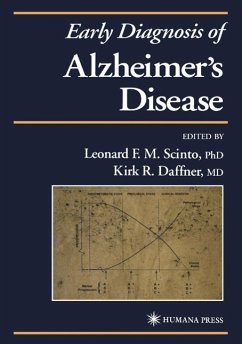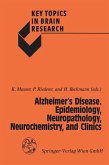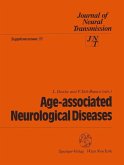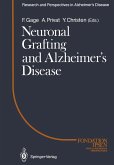Strategies for the early diagnosis of Alzheimer's disease are among the most important and most discussed topics in dementia care today. In Early Diagnosis of Alzheimer's Disease, Drs. Leonard Scinto and Kirk Daffner provide a comprehensive survey of today's new diagnostic approaches to Alzheimer's disease. Leaders in the field critically survey the most promising clinical research on early diagnostic markers for Alzheimer's disease, including the elucidation of changes in the brain revealed by structural and functional neuroimaging, as well as the characteristic patterns of cognitive decline that are documented by sensitive neuropsychological tests, various genetic markers, and biological assays. In addition, there are reviews of current clinical practice in the diagnosis of Alzheimer's disease, the major theories about its pathophysiology, and the therapeutic and ethical implications of early diagnosis. Early Diagnosis of Alzheimer's Disease illuminates the complex issues surrounding the search for early markers of this highly prevalent disease. Addressed to clinicians caring for an aging population, researchers developing new therapeutics, and policymakers concerned about the impact of early diagnosis on the delivery of health care, this timely, state-of-the-art volume constitutes a new standard reference guide for all those working with Alzheimer's patients today.
Dieser Download kann aus rechtlichen Gründen nur mit Rechnungsadresse in A, B, BG, CY, CZ, D, DK, EW, E, FIN, F, GR, HR, H, IRL, I, LT, L, LR, M, NL, PL, P, R, S, SLO, SK ausgeliefert werden.









